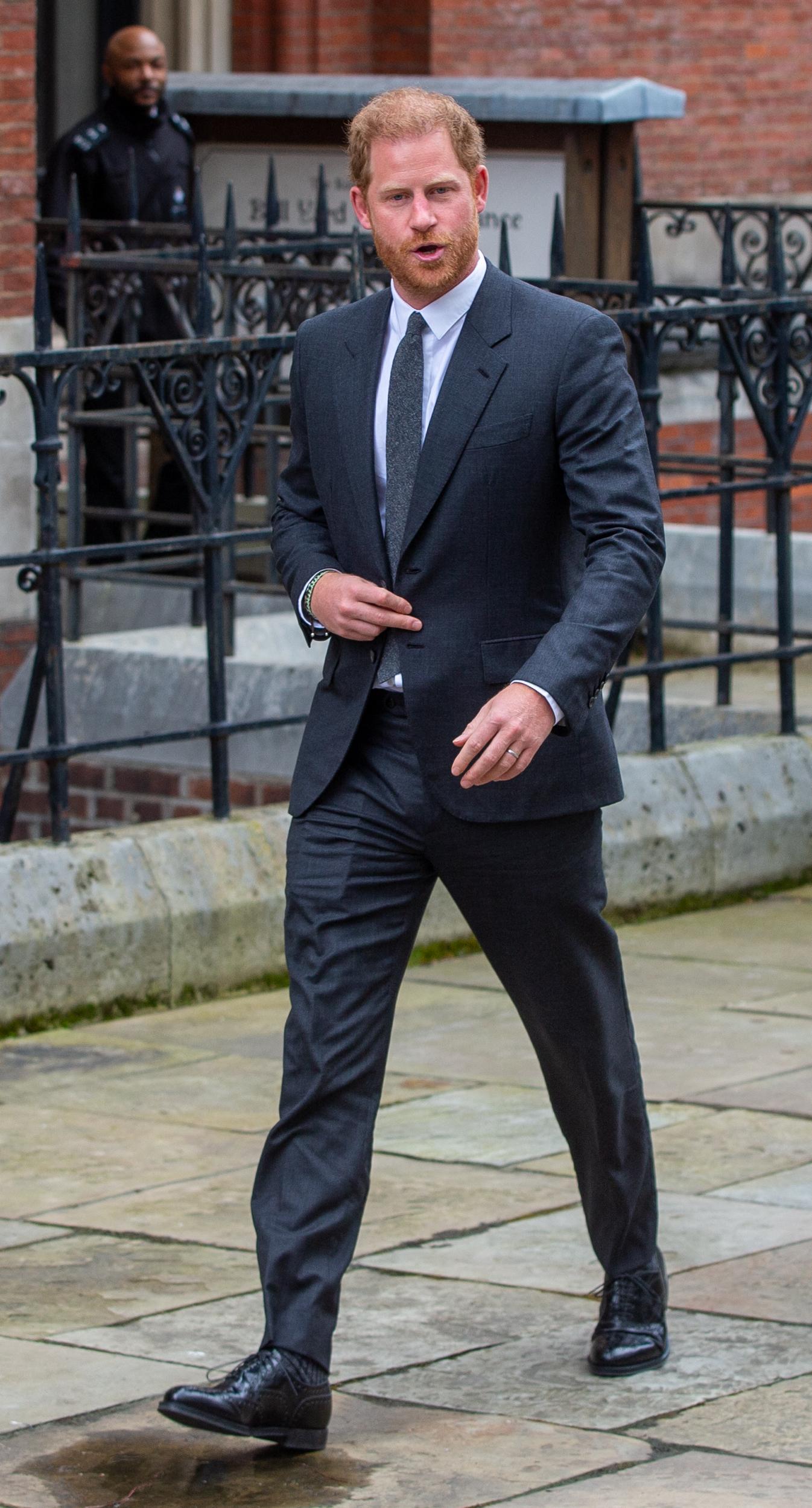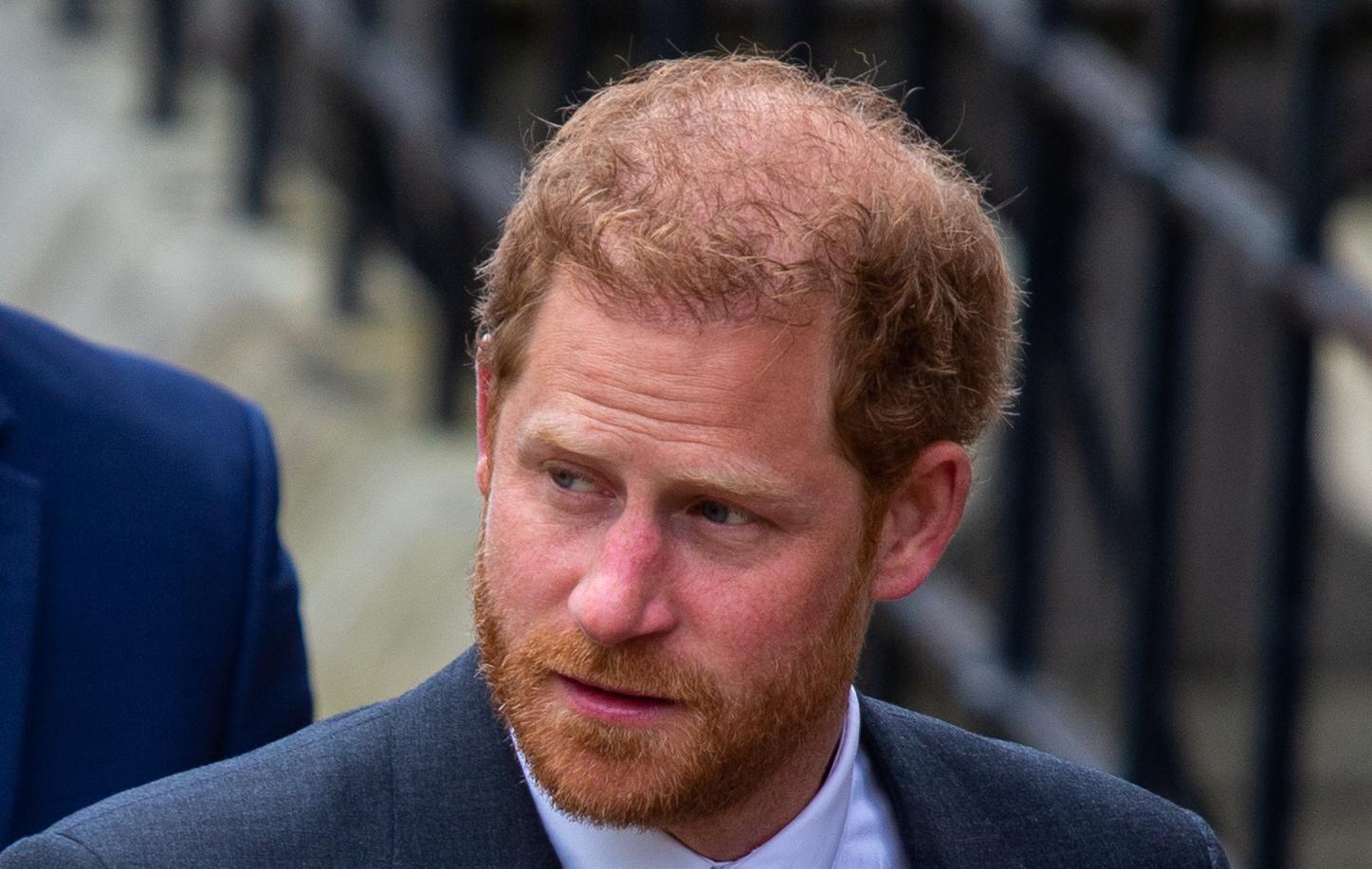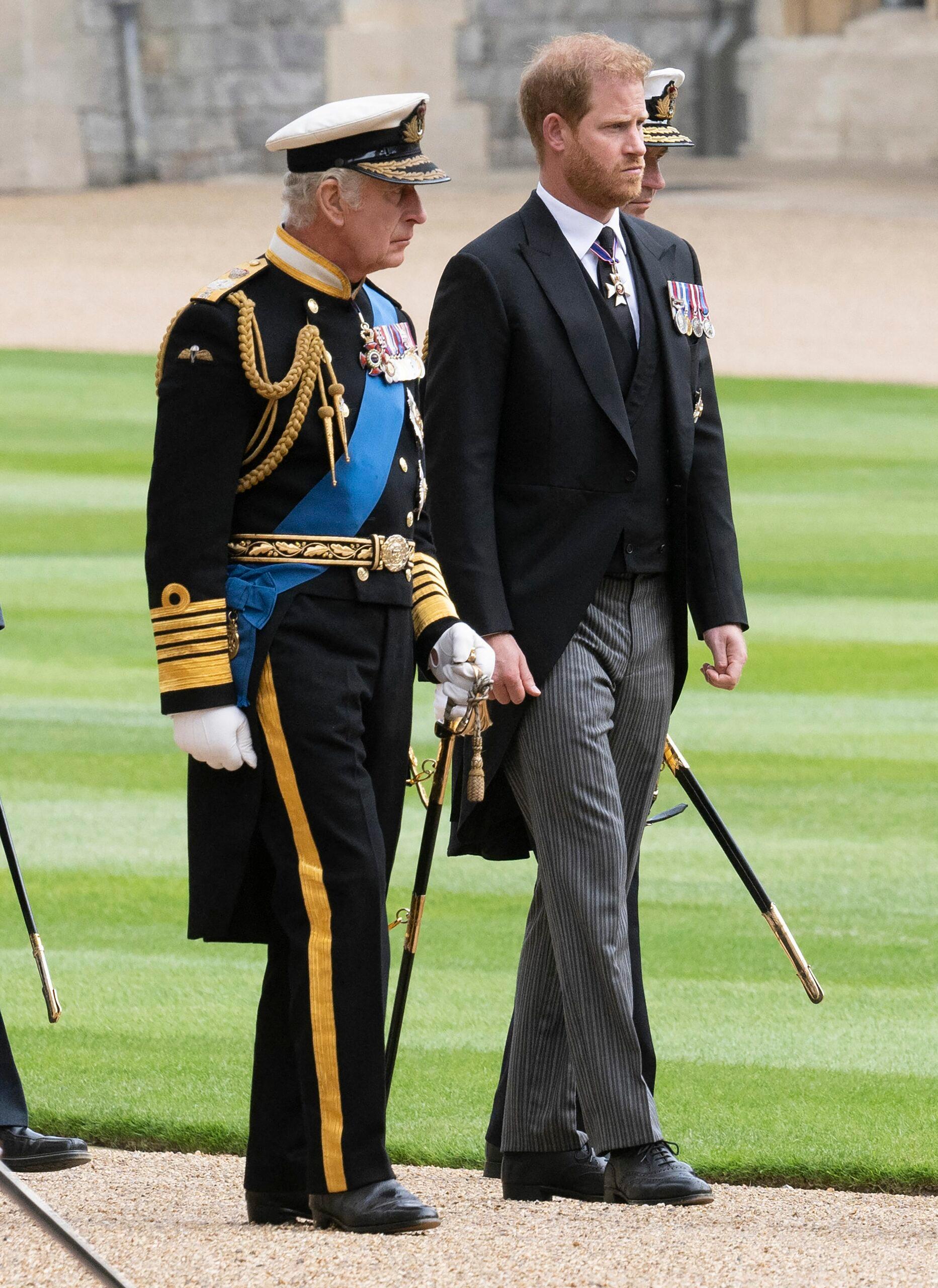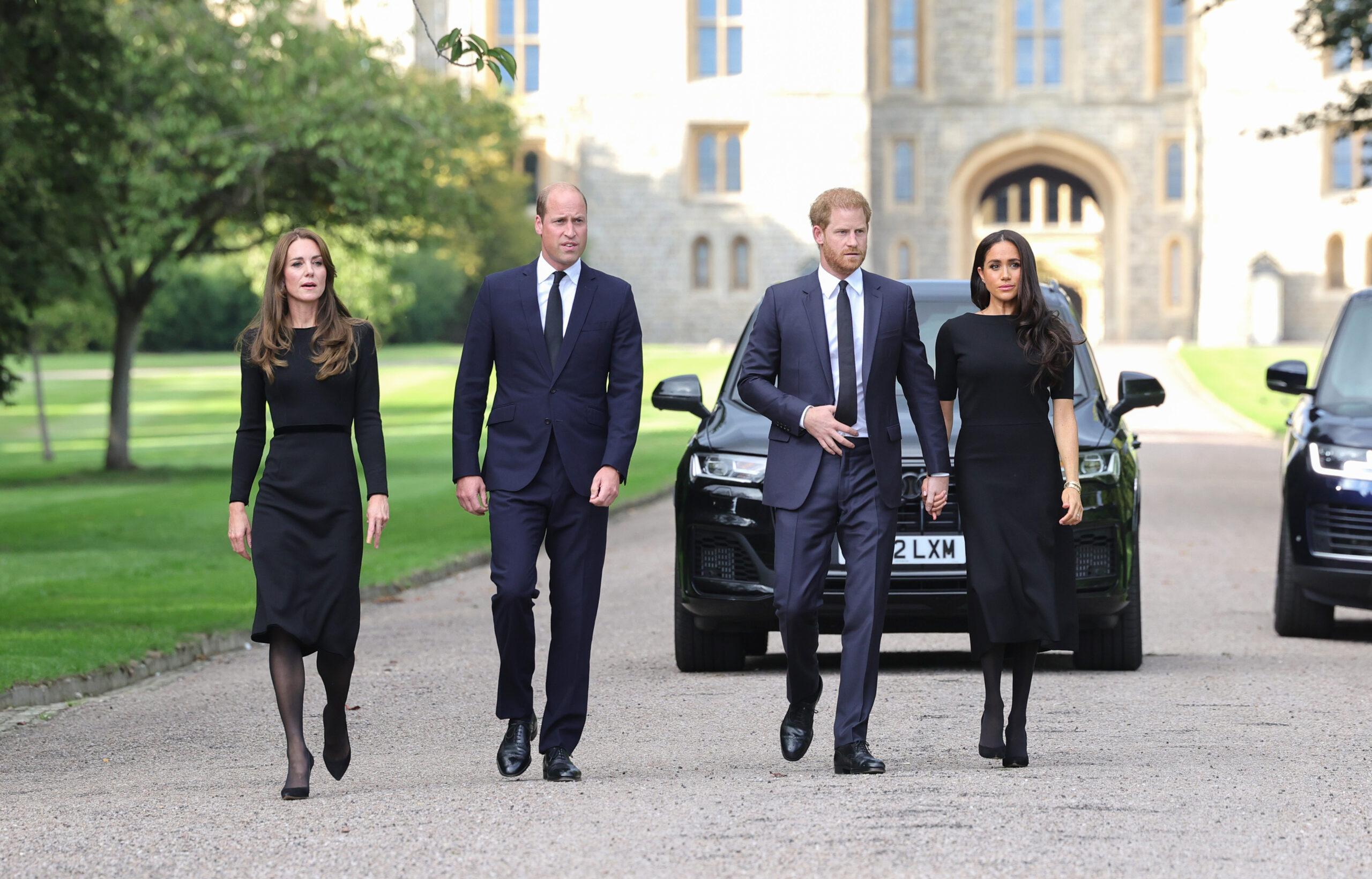The Duke of Sussex, Prince Harry, has lost a court challenge against the British Government’s decision to remove his tax-funded personal security.
Harry filed the lawsuit against the Home Office after it was determined in February 2020 that he would not receive the “same degree” of security when visiting the country.
Prince Harry’s Security Challenge Denied By High Court
 MEGA
MEGAToday, in a setback for Harry, a High Court ruling did not favor his challenge against the Home Office’s decision to reduce his taxpayer-funded personal security.
The Duke of Sussex initiated legal action against the Executive Committee for the Protection of Royalty and Public Figures (Ravec) after being informed of the downgrade in his protection level when in the UK.
In December last year, his legal team argued that he was unfairly “singled out” and subjected to less favorable treatment compared to others.
However, the Government countered this, asserting that Ravec had the authority to tailor protection measures on a “case-by-case” basis, emphasizing the need for a “bespoke” approach.
After two months, retired High Court judge Sir Peter Lane delivered his ruling this morning, stating, “The application for judicial review is refused.” Despite this, a spokesperson for Harry indicated his intention to appeal, asserting that he is “not asking for preferential treatment, but for a fair and lawful application of Ravec’s own rules.”
The Court Says There Was No ‘Unlawfulness’ In Its Decision
 MEGA
MEGAThe judgment summary highlighted the court’s determination that “there has not been any unlawfulness in reaching the decision” and that it was not “irrational.”
According to the Daily Mail, the summary read: “The court has found that there has not been any unlawfulness in reaching the decision of February 28, 2020.”
The ruling emphasized that “Any departure from the policy was justified. The decision was not irrational. The decision was not marred by procedural unfairness.”
“Even if such procedural unfairness occurred, the court would in any event be prevented from granting the [Harry] relief,” it continued. “This is because, leaving aside any such unlawfulness, it is highly likely that the outcome for the [Harry] would not have been substantially different.”
Additionally, “The court has also found that there has been no unlawfulness on the part of Ravec in respect of its arrangements for certain of the [Harry’s] visits to Great Britain, following the decision of February 28, 2020.”
The court’s ruling upheld the “decision was not marred by procedural unfairness,” affirming that procedural fairness was maintained throughout.
Judge Criticizes Prince Harry’s Legal Team in Security Case
 MEGA
MEGASir Peter, in his extensive 52-page ruling, criticized Harry’s legal team for adopting “an inappropriate, formalist interpretation of the Ravec process.”
He emphasized the legality of the customized process implemented for Harry’s case, stating that it is “legally sound.”
Furthermore, Sir Peter highlighted the “forward-looking nature of the decision made on February 28, 2020.”
He dismissed the argument that Harry should have undergone both risk analysis and a bespoke approach, remarking: “The suggestion that the claimant should have received both an RMB (risk) analysis and a ‘bespoke’ approach ignores the witness evidence of the defendant, which, for the reasons I have given, falls to be given weight.”
“That evidence shows no irrationality or other unlawfulness as regards the other VIP category,” he added. Additionally, Sir Peter underscored the relevance of a draft options paper presented to Harry by Sir Edward Young, late Queen Elizabeth II’s private secretary, emphasizing the role of the Home Secretary in determining the level of protection delegated to the chair of Ravec.
Prince Harry’s Legal Battles In The UK
 MEGA
MEGABesides this court challenge, Prince Harry has filed numerous cases in the United Kingdom. In January, the Duke of Sussex dropped the defamation claim he filed against the publisher of the Mail.
Harry had sued the organization for an article in the Mail on Sunday that talked about his security arrangements in the UK. He alleged that the article suggested that he had “improperly and cynically tried to manipulate and confuse public opinion.” Harry also felt the piece was “an attack on his honesty and integrity.”
However, his team filed a notice of discontinuance hours before the deadline was reached to pass over a list of documents in the case. The duke and his lawyer have yet to reveal why they chose to withdraw the case.
Earlier this month, he was awarded $500,000 in damages in his phone hacking suit against the Mirror Group Newspapers (MGN). This came after a judge ruled in December that the publication had unlawfully hacked Harry’s phone to gather information for their articles about him.


















